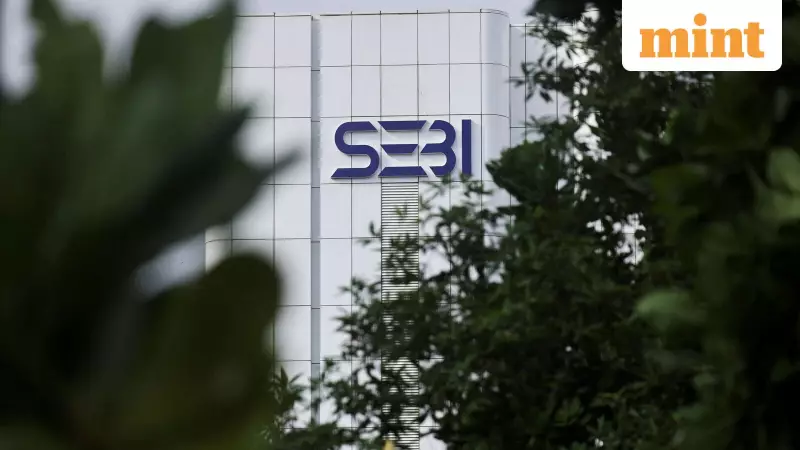
A high-level committee appointed by the Securities and Exchange Board of India (Sebi) has put forward a set of radical proposals aimed at overhauling conflict-of-interest and disclosure norms for the regulator's entire hierarchy. This initiative, if implemented, would mark the most significant internal reform at Sebi in years.
Pre-Appointment Scrutiny and Public Asset Disclosures
The committee has recommended that candidates for the top positions of Sebi chairman and whole-time members (WTMs), as well as other lateral entrants, must make pre-appointment disclosures. These disclosures would cover all financial and non-financial interests that could be perceived as actual, potential, or perceived conflicts. The objective is to enhance transparency from the very start and identify individuals whose personal, professional, or financial ties might impair their decision-making capabilities.
Furthermore, in a first for the regulator's top leadership, senior Sebi officials will be required to make mandatory public disclosures of their assets and liabilities. The proposal suggests that the chairman, WTMs, and employees ranked chief general manager and above should file these declarations annually. While part-time members may be exempt from public disclosures, they will still need to report their relevant interests internally.
New Office of Ethics and Stricter Rules
This reform push gains context from recent conflict-of-interest allegations against former Sebi chairperson Madhabi Puri Buch. In 2024, short-seller Hindenburg Research alleged that Buch and her husband held undisclosed stakes in offshore entities linked to the Adani Group, which Sebi was investigating at the time. Both Buch and the Adani Group denied these accusations.
Under the new proposed system, a robust framework for disclosures will be established. All Sebi board members and employees, including those on contractual or secondment roles, must submit initial, annual, event-based, and exit disclosures. These will cover assets, liabilities, trading activities, family relationships, and other professional interests.
These disclosures will be managed by a newly proposed Office of Ethics and Compliance (OEC), headed by a chief ethics officer. An independent Oversight Committee on Ethics and Compliance (OCEC) will provide supervision. The definition of 'family' for disclosure purposes has been expanded to include spouses, dependent children, and legal wards.
Investment Restrictions and Ethical Conduct
The panel also recommended uniform application of investment restrictions, currently under the Employees Service Regulations, to the chairman and WTMs. Officials would be permitted to invest in professionally managed pooled vehicles like mutual funds, but investments in any single scheme should not exceed 25% of their financial portfolio.
For new appointees, four options are proposed for handling pre-existing investments: liquidation, freezing, selling via a pre-approved plan, or an outright sale with approval. The committee also suggested explicitly classifying the chairman and WTMs as "insiders" under Sebi's insider-trading regulations.
In terms of ethical conduct, a ban on accepting gifts by the chairman and WTMs from entities they have official dealings with has been proposed. The committee also emphasized the need for a technology-driven recusal system and a digital repository to automatically flag potential conflicts. Summaries of recusals by senior officials would be published in Sebi's annual report for greater transparency.
The high-level committee was formed after Sebi's March 2025 board meeting and was chaired by Pratyush Sinha, former chief vigilance commissioner. Its members included notable figures like Uday Kotak, founder of Kotak Mahindra Bank, and Injeti Srinivas, former secretary of the ministry of corporate affairs.





